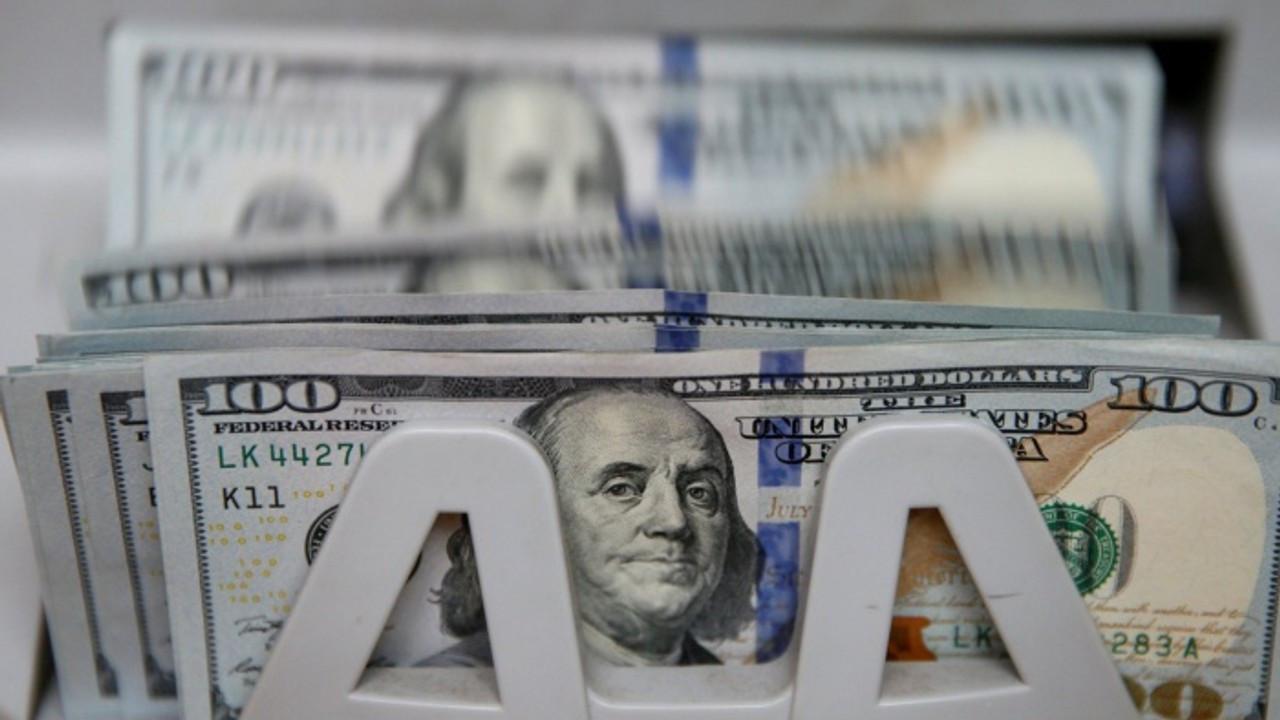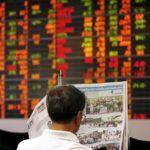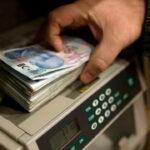BY ISMET OZKUL
The interest rate for the latest bond issuance by the Treasury to the international markets was 8.625%. This rate quadruples the interest rate in the U.S. market. We’ll pay USD 947m for a USD 2bn borrowing with a maturity of 5.5 years. While we insist on a low-interest policy in Turkey, we resign ourselves to an extortionate interest rate abroad that few countries in the world deal with.
The Turkish economy needs a high amount of foreign finance. The demand increase for foreign exchange (FX) has been halted for now since the deposit interest rate was de facto raised by indexing it to the FX hike. But the FX-protected TRY deposit account isn’t a remedy for the need for foreign finance.
The hope that the current account deficit (CAD) will be closed by cheapening goods and services with the FX rate hike came to naught in Turkey. The CAD shows an upward trend given current international developments.
The cost of energy imports rose from USD 2.63bn to USD 8.82bn in January 2022, compared to the same month last year, according to the Central Bank (CB). The military and diplomatic tension won’t end even if the Russia-Ukraine war results in an agreement. Oil and natural gas prices won’t fall to last year’s levels.
The war has also damaged the two most important tourism markets for Turkey. Inflation and interest rate hikes globally are likely to create a narrowing impact on tourism markets. In brief, the belief that we can manage until summer when an influx of tourists will solve the foreign currency crisis is now defunct.
These are factors that raise the CAD. Add to them a foreign debt of USD 170bn for 2022 that will be rolled over. USD 54bn of this debt belongs to banks and around USD 58bn belongs to the real sector. Companies and banks should find money from international markets to roll over the USD 112bn in foreign debt excluding the amount needed for imports. The private sector will face a higher interest rate, while the cost of the Treasury’s foreign borrowing in USD has reached 8.6%.
Moreover, interest rates will generally increase in international markets since the Federal Reserve began interest rate hike and withdrawn of money from the market. The 8.6% interest rate won’t remain at this level as Turkey’s internal and external vulnerabilities continue.
Banks and companies will shoulder such this foreign debt burden with revenue tied to a TRY devalued by 50% in a year. Further, the real sector doesn’t have a CB supporting it any more than it has FX to borrow and trust in.
Put simply, the foreign resource problem, FX demand, and the FX rate hike will continue to hurt – deeply.










